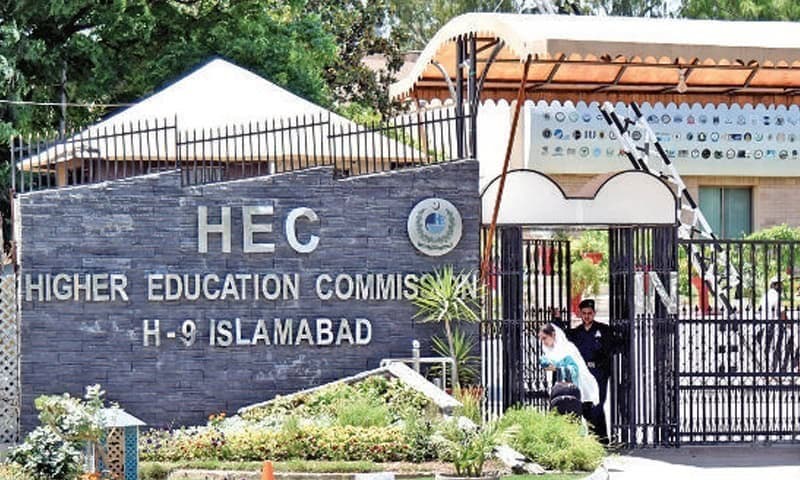LAHORE – The Association of Private Sector Universities of Pakistan (APSUP) has written a letter to Prime Minister of Pakistan Shehbaz Sharif, showing its concern at the recently proposed amendments to the Higher Education Commission (HEC) Ordinance 2002.
In its letter, APSUP has highlighted the potential threats to the autonomy of the higher education institutions and urged the prime minister to address these issues promptly.
APSUP Chairman Prof Dr Chaudhry Abdul Rehman has underlined in the letter the need to safeguard the autonomy and independence of the universities for advancement of academic excellence, research and innovation in Pakistan.
He said the proposed amendments could have far-reaching consequences for the quality and growth of higher education in Pakistan. He said that one of the key concerns raised by APSUP was the potential undermining of the HEC autonomy. He said that addition of a new clause to Section 2 of the Ordinance, defining the “Division concerned,” has raised concerns about the institution’s independence and the possibility of external control and influence.
The association also highlighted the potential ramifications of the amendments on the 18th Constitutional Amendment. It said the changes proposed in Section 4, designating the HEC as the sole standard-setting and regulatory authority, could centralize power within the HEC and marginalise the role of provincial HECs and higher education departments.
According to the association, another critical concern is the potential for excessive regulation. Acknowledging the importance of quality assurance, APSUP emphasized the need to strike a balance that prevents unwarranted interference in the autonomy of universities.
The letter says it is essential to create an environment that encourages innovation, relevant curriculum development and academic excellence and ensures compliance with regulatory standards.
APSUP also raised concerns at the political influence on appointments within the HEC. It said that the provision for the Prime Minister to appoint the Executive Director, as proposed in Section 11, raises questions about potential political influence on this crucial position.
The association emphasized the importance of merit-based selection and independence of key leadership positions to maintain the credibility and integrity of the HEC. It says a cut in the number of non-ex officio members, particularly those representing higher education experts, is another matter of concern.
The association underscored the need for diverse perspectives and expertise within the decision-making body of the HEC to accurately represent the diverse landscape of higher education in Pakistan.
The APSUP chairman sought the prime minister’s attention to these concerns and prompt action to address the potential threats to the autonomy and independence of universities. He offered
It said that the provision for the Prime Minister to appoint the Executive Director, as proposed in Section 11, raises questions about potential political influence on this crucial position.
The association emphasizes the importance of merit-based selection and ensuring the independence of key leadership positions to maintain the credibility and integrity of the HEC.
The reduction in the number of non-ex officio members, particularly those representing higher education experts, is another matter of concern raised by APSUP.
The letter said that the association emphasizes the need for diverse perspectives and expertise within the decision-making body of the HEC to accurately represent the diverse landscape of higher education in Pakistan.
The APSUP chairman concluded the letter by requesting the Prime Minister’s attention to these concerns and urging prompt action to address the potential threats to the autonomy and independence of universities.
He offered its expertise and willingness to engage in constructive dialogue to ensure that any amendments to the HEC Ordinance 2002 align with the principles of academic freedom and autonomy. He offered to engage in a constructive dialogue to ensure that any amendments to the HEC Ordinance 2002 align with the principles of academic freedom and autonomy.













